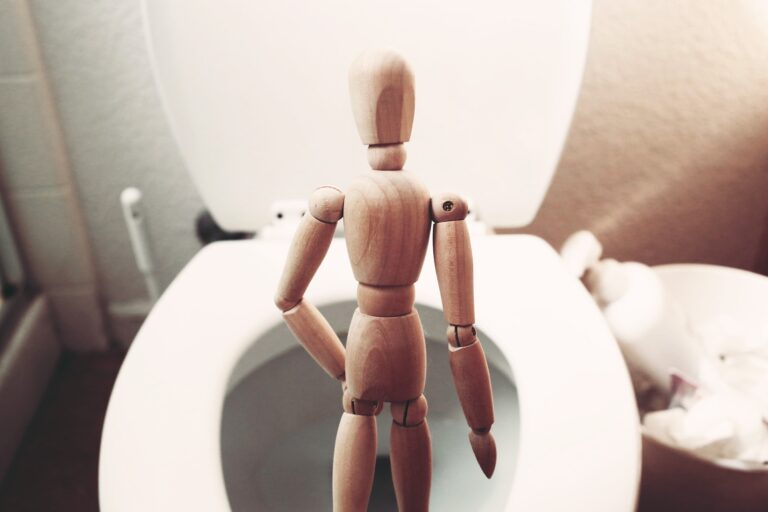If you’re having trouble peeing after orgasm, it’s important to consult a healthcare professional. They can help you find a solution that will alleviate the problem and prevent it from occurring again in the future.
This is because the body releases an anti-diuretic hormone during orgasm, making it difficult to pass urine. Getting plenty of sleep can also help.
Causes
People have heard that it’s important to pee after sex because it helps prevent urinary tract infections (UTIs). The reason is that when you reach climax, your body releases vasopressin. This is a hormone that makes it harder to pass urine by narrowing your blood vessels and raising your blood pressure. In fact, the same hormone can make it hard to pee after orgasm in men because of the way that vasopressin impacts the male reproductive system.
The problem is that if you don’t pee after sex, bacteria from your anus can get into your bladder through the urethra. If you have a vagina, this is a risky proposition because the skin there is much more vulnerable to infection than the skin on your arms or legs. If the bacteria get into the bladder, you will probably experience a painful or burning pee.
It’s less likely to be an issue if you have a penis because the male urethra is closer to the meatus and any bacteria that get into the urethra will quickly be flushed out during ejaculation. But it’s still a good idea for males to pee after sex because it reduces their risk of getting a UTI.
Other causes of difficult peeing after orgasm include dehydration and bladder issues such as overactive bladder. Lifestyle changes like drinking plenty of water, practicing pelvic floor exercises and reducing caffeine and alcohol intake may help. If you are experiencing this problem, consult a healthcare provider who can recommend further treatment options.
Symptoms
The muscles of the pelvic floor contract involuntarily during sexual arousal and orgasm, which squeezes the urethra shut, preventing urine from passing. This is a normal process, and it can’t be prevented. However, if you’re feeling the urge to pee and can’t urinate after orgasm, it might be due to an underlying medical condition or medication. If you’re unsure, talk to your doctor.
Difficulty peeing after orgasm can be caused by a urinary tract infection, which affects the bladder and the tubes that connect to it. UTIs can also cause pain and burning when you urinate. They’re more common in people who have a vagina, but they can affect women who wear tight underwear or men who use lubricants with added ingredients like menthol.
A painful urethra after orgasm can also be a sign of a sexually transmitted disease, such as chlamydia, herpes, or gonorrhea. Symptoms can include painful peeing, itching, or a burning sensation when you go to the bathroom.
If you’re experiencing these symptoms, it’s important to see your doctor. They can diagnose an STI and prescribe appropriate treatment, such as antibiotics or condoms. They might also recommend sexual abstinence until your STI clears up. In some cases, a urinary tract infection may require emergency care, such as an antibiotic IV drip in the hospital.
Treatment
Although it’s common for men to experience urinary retention after orgasm, this symptom is usually not a cause for concern. It is often caused by an enlarged prostate, which can interfere with the flow of urine from the bladder to the penis. It can also be a side effect of some medications, such as alpha-blockers used to treat high blood pressure or erectile dysfunction drugs.
For women, painful urination after orgasm can be a sign of an infection in the bladder or urethra. It can also be a side effect from the use of vaginal lubricants or condoms. Using a different lubricant or switching to a non-latex condom may help alleviate symptoms. Drinking plenty of water and practicing pelvic floor exercises can also help.
While peeing after sex can decrease the risk of urinary tract infections (UTIs) in females, it is not effective at preventing sexually transmitted infections (STIs). There are many ways to prevent STIs, including using condoms correctly, getting the HPV vaccine and taking daily doxycycline to treat Chlamydia and Gonorrhea.
Despite the stigma attached to it, experiencing pain or difficulty when you pee is perfectly normal and does not reflect on your sexual pleasure or health. It is important to seek support from loved ones and a therapist, as they can help you navigate these issues.
Prevention
Many women are prompted to pee before sex because they want to prevent urinary tract infections (UTIs). UTIs happen when bacteria enter the bladder or urethra and cause pain and discomfort. Fortunately, there are ways to help prevent a UTI from occurring in the first place.
Ob/Gyn Salena Zanotti, MD, explains that peeing after sex helps to flush out bacteria from the urethra, which can reduce your risk of getting a UTI. She advises that you drink plenty of water before and after sex to get the best results.
You should also try to avoid friction from genital or anal play, and you should use a vaginal lubricant if possible. These measures will ensure that any bacteria from the anal or genital area is not spread to the urethra and bladder.
In addition, you should always use a condom or another form of barrier method for unprotected sex to lower your risk of sexually transmitted diseases (STIs). You can also ask your doctor about a vaccine or daily medication called pre-exposure prophylaxis, which can further decrease your chance of contracting an STI.
However, if you have a urinary condition such as a bladder infection or an enlarged prostate, it may be difficult to pee after orgasm. If you have these medical conditions, your doctor will recommend a treatment plan to address the issue.
See Also:



